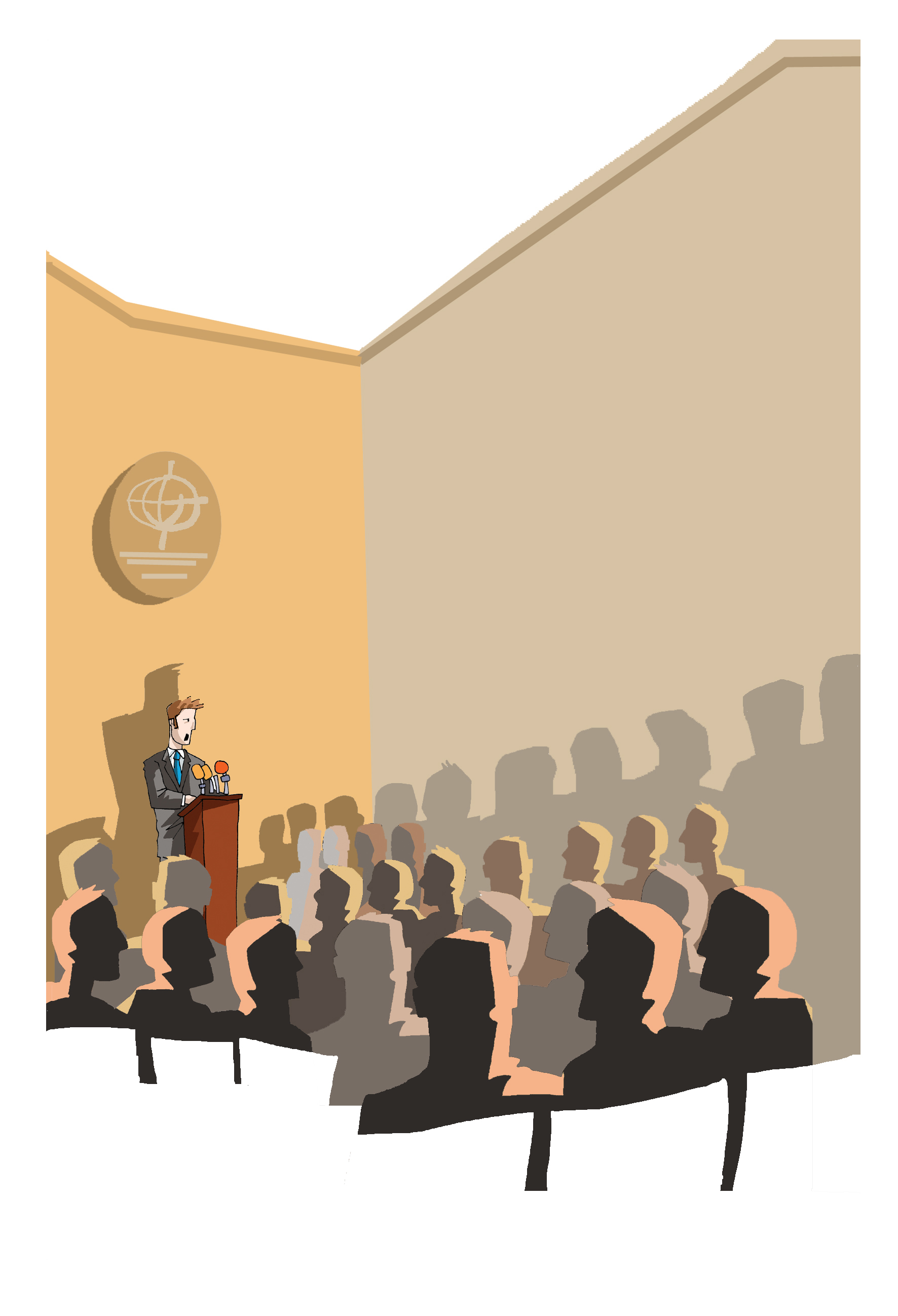Thinking skills are applicable in any branch of life. If used skillfully, they can help you perform better in your job, better in your team and better in your organization.
Bookboon provides a collection of valuable free ebooks for Professionals. “Thinking Skills” is one of these books and provides useful suggestions to improve these skills.
The book can be freely downloaded from the Web at:





